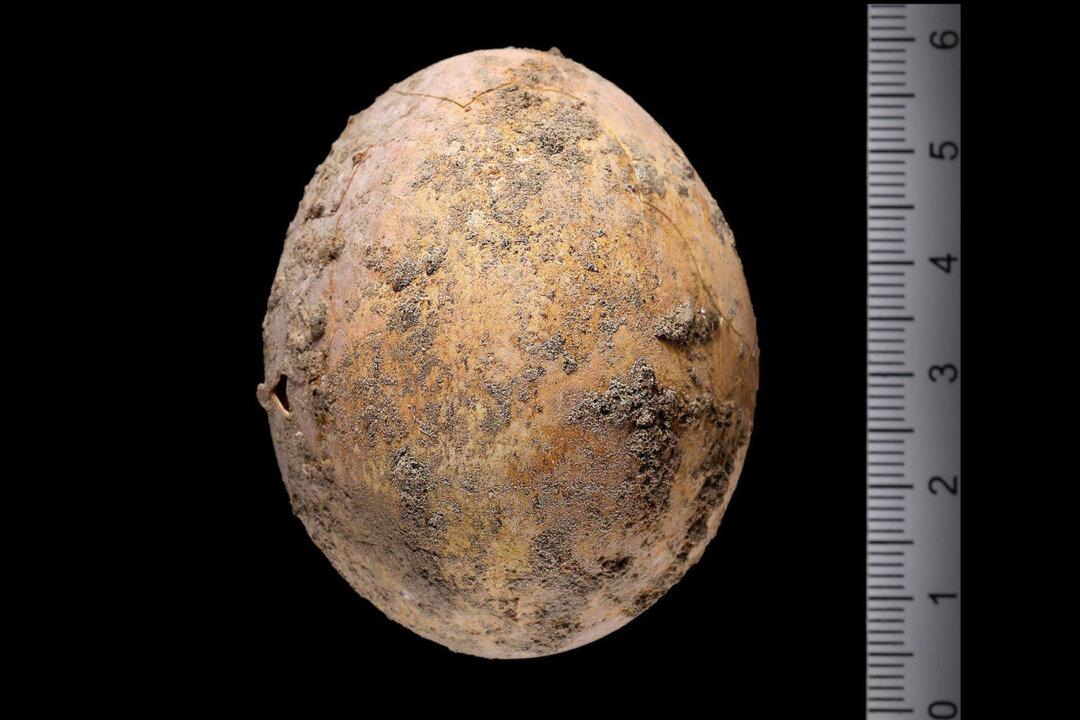Archaeologists have unearthed an intact chicken egg dating back to the Byzantine period, roughly 1,000 years old.
During the excavation of an ancient cesspit in the city of Yavne, part of a large-scale archeological undertaking by the Israel Land Authority, researchers were astonished to find the fully intact egg. The site was located in an “extensive and diverse” industrial area of the city which dates back to the Islamic period.






